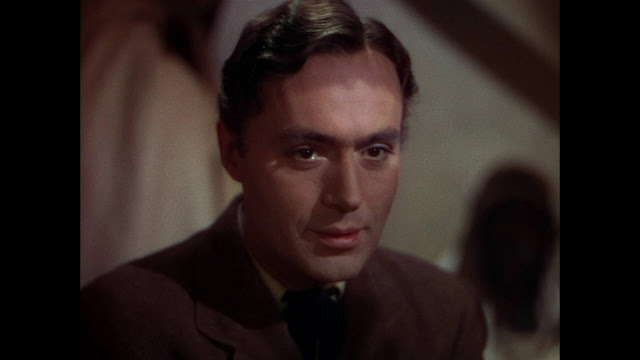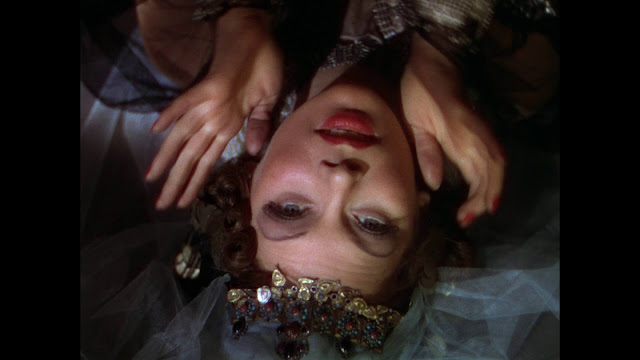 |
| Nicholas Ray |
The near three-hour religious epic from iconic Hollywood filmmaker Nicholas Ray (Rebel Without A Cause, In A Lonely Place, Johnny Guitar) captures Jesus’ life from birth to death but is equally attuned to the political tensions of the time.
Throughout Nicholas Ray’s illustrious career you’ll find multiple stories of the “outsider”, the non-conformists, the rebels and the marginalised.
From travelling rodeo riders in The Lusty Men to gypsies in Hot Blood, the lovers on the run in They Live By Night to the lonely female saloonkeeper of the wild west’s Johnny Guitar, Ray had a knack for exploring the complicated emotional lives of outsiders and the subcultural context in which they inhabited. And so while he rarely tackled religion in his filmography it makes sense Ray would turn his focus in King of Kings to the Bible’s ultimate radical, Jesus, and the socio-political milieu in which he was born, lived and died.
 |
| "ultimate radical, Jesus (Jeffrey Hunter) |
King of Kings may have been epic in its production in the grand tradition of Hollywood gargantuan-ism—thousands of extras, hundreds of sets, shot in 70 mm, a sweeping Miklos Rozsa score and even an Orson Welles narration—but it was a commercial failure upon release in 1961 with the New York Times lamenting, “The essential drama of the messianic issue has been missed and the central character has been left to perform quietly in a series of collateral tableaux.”
The Times has a point given Jesus’ story is not the unwavering focus of attention for Ray and screenwriter Philip Yordan but this is perhaps why Kings demands a fresh look: we have been cinematically served the spiritual life of Jesus repeatedly but few films tackle the political turbulence which engulfed the region at the time quite like King of Kings does.
In fact, by contrasting Christ’s revolutionary acts of love and peace with the revolutionary violence of Barabbas we gain a deeper insight into just how radical Jesus’ teachings were to a people subjected to waves of foreign conquest and brutal oppression. Violent battles in Judea prefix the birth of Christ and throughout the 170 minute running-time the spectre of bloody political uprisings threaten to erupt as Jesus assembles his disciples and preaches the path of peace.
Barabbas is positioned as the fiery “Yin” to Jesus’ calming “Yang”; Jesus delivers the Sermon on the Mount, Barabbas is underground forging weaponry for battle. John the Baptist too is portrayed as the rebellious outsider, a rabble rouser unafraid to speak truth to Herod’s power (in one particularly engrossing sequence his fate is sealed by Salome, Herod’s stepdaughter, as she seductively convinces her stepfather to behead John).
 |
| Herod, (Frank Thring, middle) |
Theologians and historians will likely raise an eyebrow at the narrative trajectory presented but King of Kings is one of the few religious epics to truly contextualise the political environment of Jesus’ life whilst also delivering a more complex examination of Judas’ role in Christ’s betrayal. It may have been sidelined as one of the lesser religious epics of its time but it’s worth resurrecting for an alternative slice of biblical storytelling.










